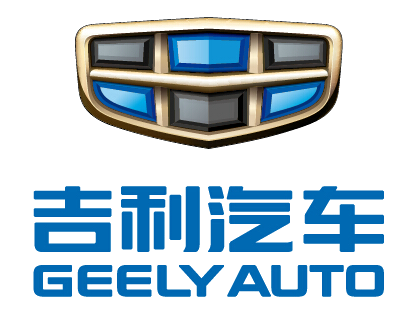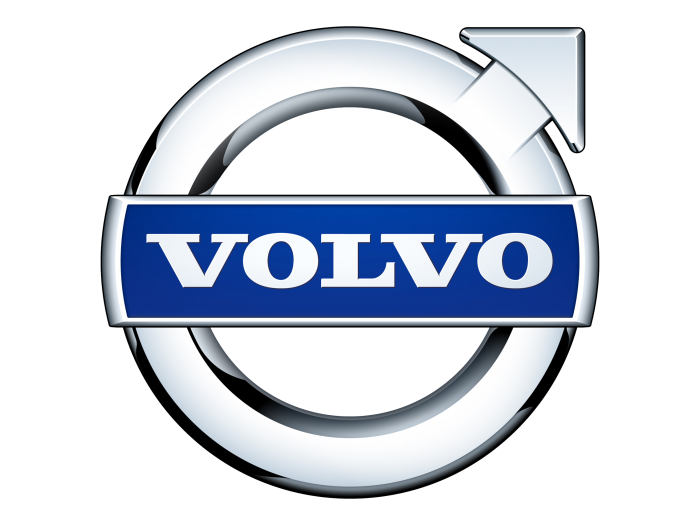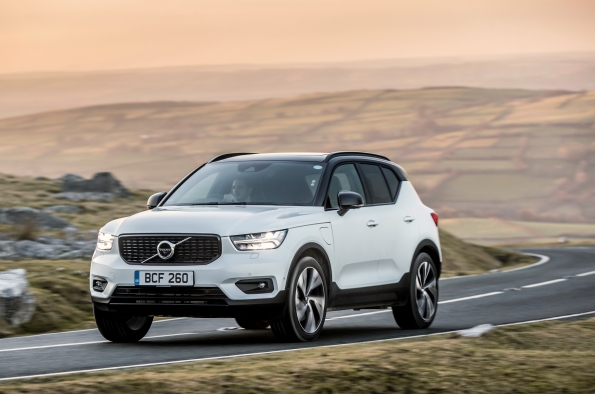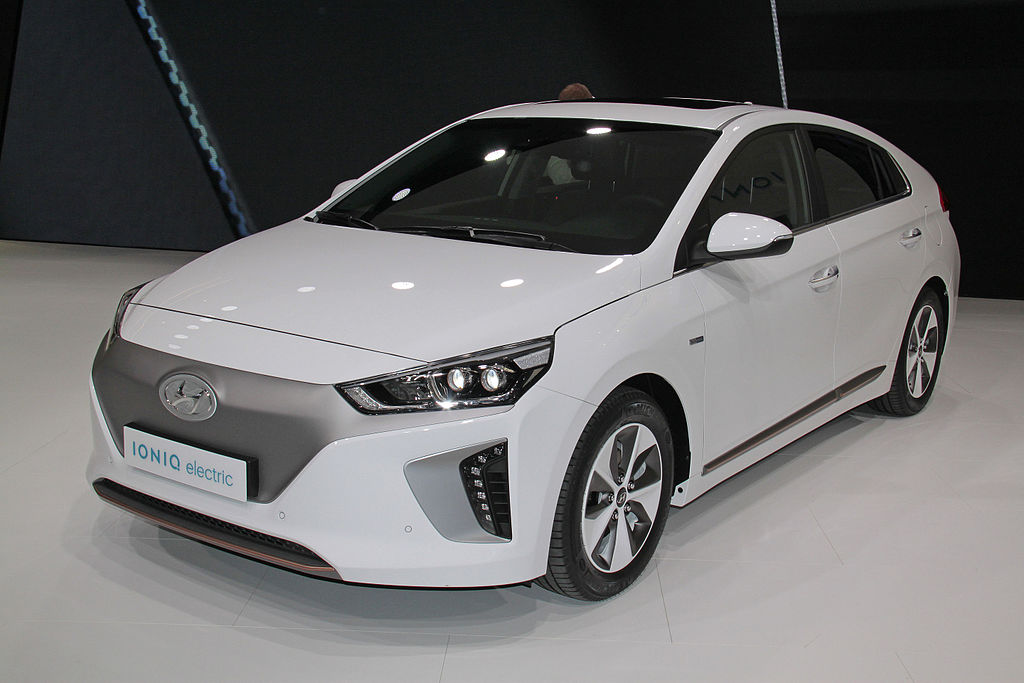Now Reading: Geely seeks use platform with the help of Volvo to built cars in Malaysia
-
01
Geely seeks use platform with the help of Volvo to built cars in Malaysia
Geely seeks use platform with the help of Volvo to built cars in Malaysia

Chinese automaker Geely prepares to use a platform developed with input from Volvo Cars for creating new models in Malaysia for its partly owned Proton brand, a strategy that shows how it intends to accelerate its push to become China’s first global auto giant.
The plans for Proton are just one strand of the automaker’s project to revamp factories at home and outside using joint platforms it has been working on with Volvo since 2013. Geely purchased the Swedish brand 10 years ago for $1.8 billion from Ford – a deal that raised its international profile and sent shockwaves through the worldwide auto trade.
Senior Geely officials and engineers informed Reuters that a project called Compact Modular Architecture (CMA) will permit them to develop, design, and build various types of compact cars with the same mechanical layout faster than before – and at a lower cost.
They said CMA, together with a platform for smaller vehicles known as B-segment Modular Architecture (BMA) that Geely prepares to roll out for Proton, permits them to tackle the Swedish automaker’s technologies and Geely’s capabilities in cost control, supply chain management, and regional production.
“CMA will be the core of Geely’s future architecture design … We learn technologies and build up talents through developing it,” stated Li Li, vice president at Geely Automobile Research Institute, verifying the Proton plan during an interview in Ningbo, south of Shanghai. Li refused to provide details of the general investment, financial targets, or a timetable for expansion plans.
Since its lowly foundation in 1986 in Taizhou on the east coast as a maker of refrigerator parts, Geely has grown as one of the major player in China. Geely now sells over 2 million cars a year across all brands, ranking it not far from the world’s top ten automakers by unit sales.
The CMA platform in particular will permit Geely and Volvo to design vehicles more quickly and cost-effectively, Li said, offering a technological springboard towards a higher market share at a time when the auto industry must plan for a future featuring electric and autonomously driven transport.
Using CMA, plant managers can switch production of various models to maintain smooth the capacity utilization rates at production lines, said Oskar Falk, the Volvo-trained head at Geely and Volvo’s first joint production site located in Taizhou.
The plant currently exports Volvo Polestar 2 electric sedans to the United States and Europe, and is getting ready to make Volvo’s first battery-powered electric vehicle, Falk said.
Geely also prepares to start exporting China-made Lynk & Co. 01 SUVs to Europe by 2020.
Stay Informed With the Latest & Most Important News
Previous Post
Next Post
-
 01Polestar Boss Says It’s Time To Outrun BMW M And Mercedes-AMG
01Polestar Boss Says It’s Time To Outrun BMW M And Mercedes-AMG -
 02Spy Shots: 2027 Mitsubishi Pajero Spotted in Testing Ahead of Possible U.S. Return
02Spy Shots: 2027 Mitsubishi Pajero Spotted in Testing Ahead of Possible U.S. Return -
 032026 Toyota Hilux EV: A Powerful Truck with Silent Torque
032026 Toyota Hilux EV: A Powerful Truck with Silent Torque -
![2027 Mercedes-Benz S-Class Debuts with V8 Engine [Photo Gallery]](https://speedlux.com/wp-content/uploads/2026/01/2027-Mercedes-Benz-S-Class-33-155x125.jpg) 042027 Mercedes-Benz S-Class Debuts with V8 Engine [Photo Gallery]
042027 Mercedes-Benz S-Class Debuts with V8 Engine [Photo Gallery] -
 05Spy Photos: VW ID. Polo GTI Goes Electric with 223 HP and 280 Miles of Range
05Spy Photos: VW ID. Polo GTI Goes Electric with 223 HP and 280 Miles of Range -
 06Hyundai Palisade’s Breakout Year Shows How Quickly the Market Can Turn
06Hyundai Palisade’s Breakout Year Shows How Quickly the Market Can Turn -
 07The Controversial Ford Voodoo V8 That Was Killed Off Too Early
07The Controversial Ford Voodoo V8 That Was Killed Off Too Early



![2027 Mercedes-Benz S-Class Debuts with V8 Engine [Photo Gallery]](https://speedlux.com/wp-content/uploads/2026/01/2027-Mercedes-Benz-S-Class-33-700x394.jpg)









































